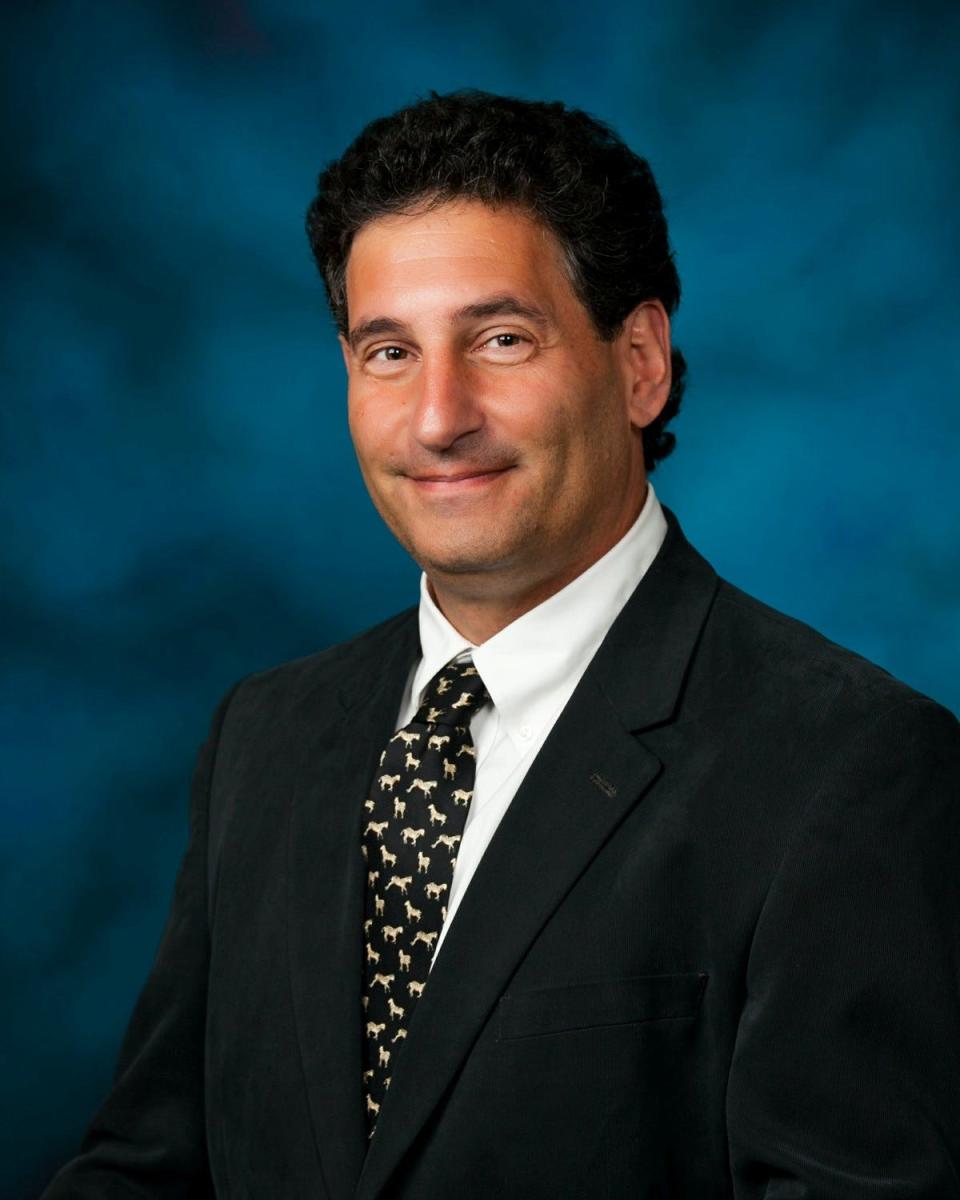What's Up Doc? Is the COVID pandemic finally over?
Q: Is the COVID pandemic finally over?
A: The bad news is that over 80 million have been infected and over 1 million people have died from COVID in the U.S. (according to the tracking site Worldometers, but the actual numbers are likely actually much higher than that).
Slightly better news (but not as good as was hoped for) is that per the Centers for Disease and Control almost 560 million doses of COVID-19 vaccinations have been administered in the U.S., with almost 77 percent of Americans having gotten at least one dose and 65 percent being fully vaccinated.
Therefore, the vast majority of Americans have at least some immunity to COVID from vaccination and/or prior infection. This does NOT mean that these people cannot become infected, they absolutely can. But having at least some immunity will hopefully minimize the risk of severe infection, and hence minimize the risk of our healthcare system, specifically including hospitals and ICUs, from being overwhelmed yet again.

But please note that there is no guarantee of this. It is entirely possible that a new strain of the infection could bypass the immunity people have, and another wave of large numbers of people sickened by COVID is still possible. In fact, multiple countries in Europe are seeing a spike in cases from the B.A.2 variant right now, and during this pandemic we have seen spikes of cases in Europe just prior to cases spiking in the U.S.
Not good: Middlesex County's COVID-19 cases up 40.8%; Massachusetts cases surge 18.5%
However, the hope (again NOT a guarantee) is that pandemic levels of infection (where the disease is spreading rapidly throughout the entire country) may be (mostly) behind us, and we may soon be moving into the phase where only endemic spread (where we will have flare ups within a community or region, as the flu does every year) occurs.
More: Two years in, COVID-19 leaves indelible mark on MetroWest, Greater Milford
Even if this hope is realized, we need to remember than endemic spread of an infectious disease can have some very concerning consequences. Consider the years when a particularly virulent strain of flu has occurred:
During bad flu years in the U.S. up to 40 million cases, 700,000 hospitalizations and 50,000 deaths can occur over four months or so, yielding averages of 330,000 per day infected, 31,000 hospitalized on an average day and 416 dying per day.
Although this is WAY better than the recent COVID omicron numbers which were many times higher than that (with up to the 700,000 cases per day, over 140,000 hospitalized on just one bad day and 2000 to 3000 dying per day), these bad flu seasons still cause very significant morbidity and mortality.
So, what can we do and what should we expect?
If you are not fully immunized against COVID, please get this done as soon as possible. Vaccination is the most powerful tool we have to prevent future large outbreaks of cases (for both COVID and the flu).
If you do develop symptoms of a possible COVID infection, get tested. For those at increased risk there are now oral treatments (pills you can take by mouth at home) that can reduce your chances of developing severe infection requiring hospitalization or causing death.
Continue to do what you can to minimize the spread of airborne infectious diseases (including the flu, COVID and others) by complying with local recommendations (for example when to use a mask, social distance, self-quarantine, etc.).
If you do develop even mild symptoms, do not go out in public without using a mask in order to be courteous to others and not spread your illness (whether it is COVID, the flu or some other condition).
It is not unreasonable to hope the worst of this pandemic is or may soon be behind us. But we need to remember that pandemics like COVID-19 are a worldwide issue and, as we have learned the hard way, putting our head in the sand and pretending what happens in the rest of the world does not affect us is NOT realistic. Therefore, it is in our best interests, and is the humane and right thing to do, to help people in other parts of the world by supporting efforts to make vaccines available and accessible for them.
Jeff Hersh, Ph.D., M.D., can be reached at DrHersh@juno.com.
This article originally appeared on MetroWest Daily News: Is the COVID-19 pandemic over yet?

